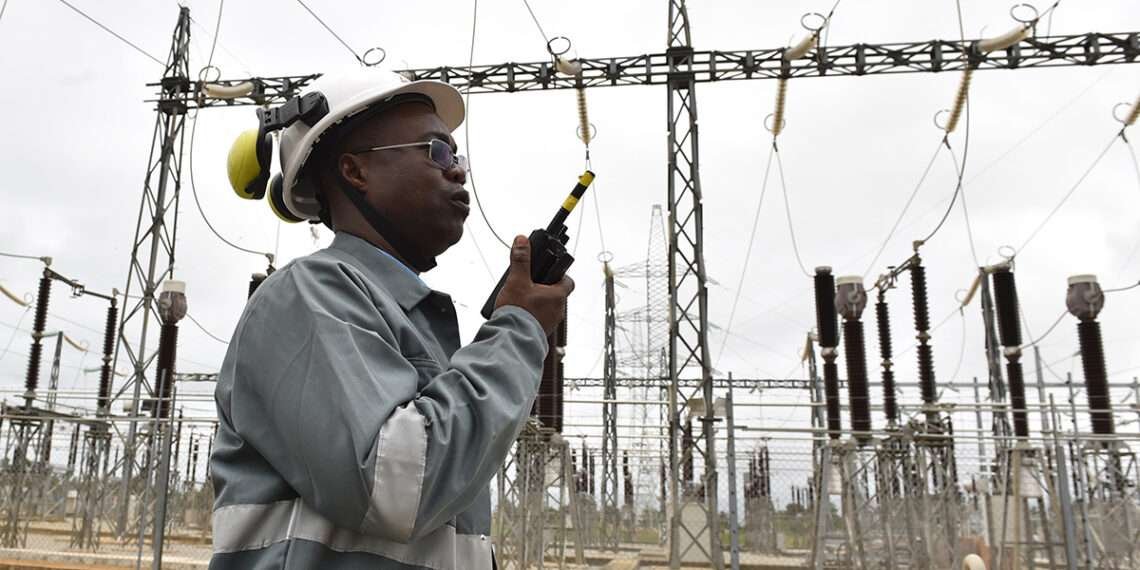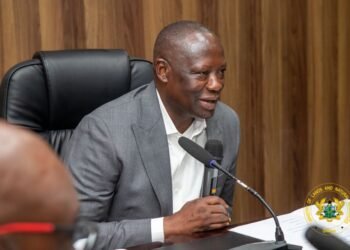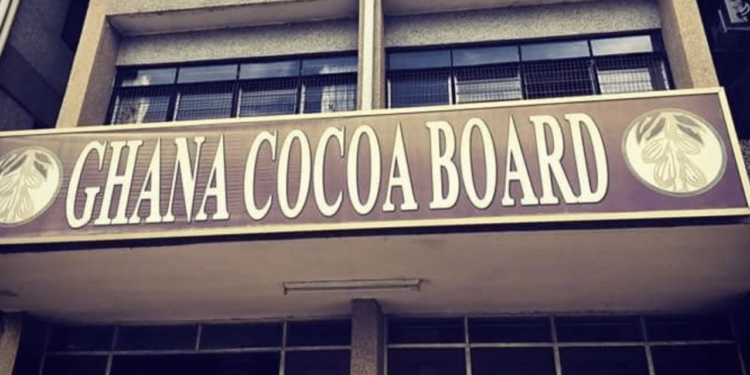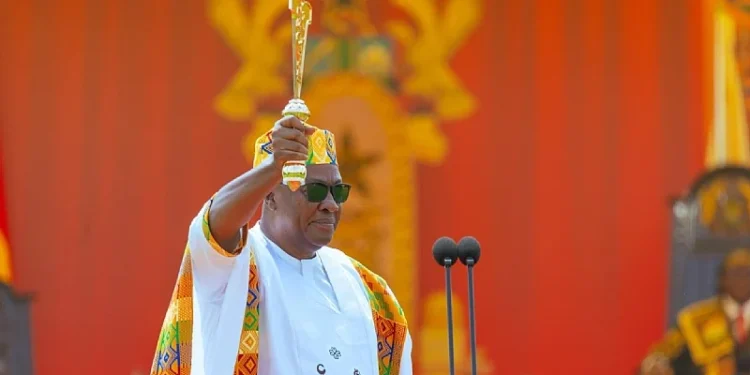The Africa Sustainable Energy Centre (ASEC) has strongly condemned the Electricity Company of Ghana’s (ECG) proposed 225% increase in electricity tariffs, describing the request as “outrageous, unjustified, and a reflection of inefficiency rather than necessity.”
Dr. Elvis Twumasi, Director of Research and Innovation, ASEC argued that while tariff adjustments are legally permissible under the Public Utilities Regulatory Commission (PURC) regulations, they must be rooted in transparency, fairness, and operational justification not used as a tool to shift ECG’s inefficiencies onto already burdened consumers.
“Customers who diligently pay their bills must not be penalised for ECG’s inefficiencies and mounting debts.”
Dr. Elvis Twumasi, Director of Research and Innovation, ASEC
ASEC insists that before ECG can make a case for any increment, it must first address lingering concerns over accountability and transparency.
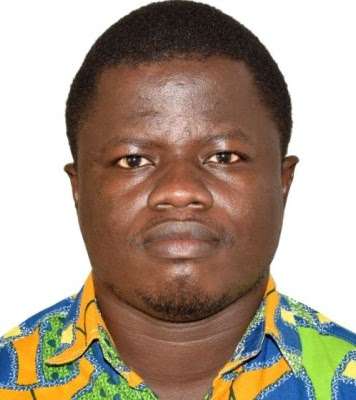
The Centre specifically raised questions about the much-discussed missing ECG containers, progress on recovering debts owed by government institutions, and clarity on the usage and impact of the GHS1 levy introduced to improve ECG’s operations.
“Without addressing these fundamental issues, ECG has no operational basis for any tariff increment, let alone a 225% increase.”
Dr. Elvis Twumasi, Director of Research and Innovation, ASEC
According to ASEC, continuous tariff hikes in recent years often approved by PURC have failed to yield tangible improvements in service delivery. Instead, consumers continue to endure erratic supply and unreliable billing systems.
“The real problem is not tariffs but inefficiency.
“Pouring money into ECG without reform is like pouring water into a torn sack.”
Dr. Elvis Twumasi, Director of Research and Innovation, ASEC
PURC Under Scrutiny
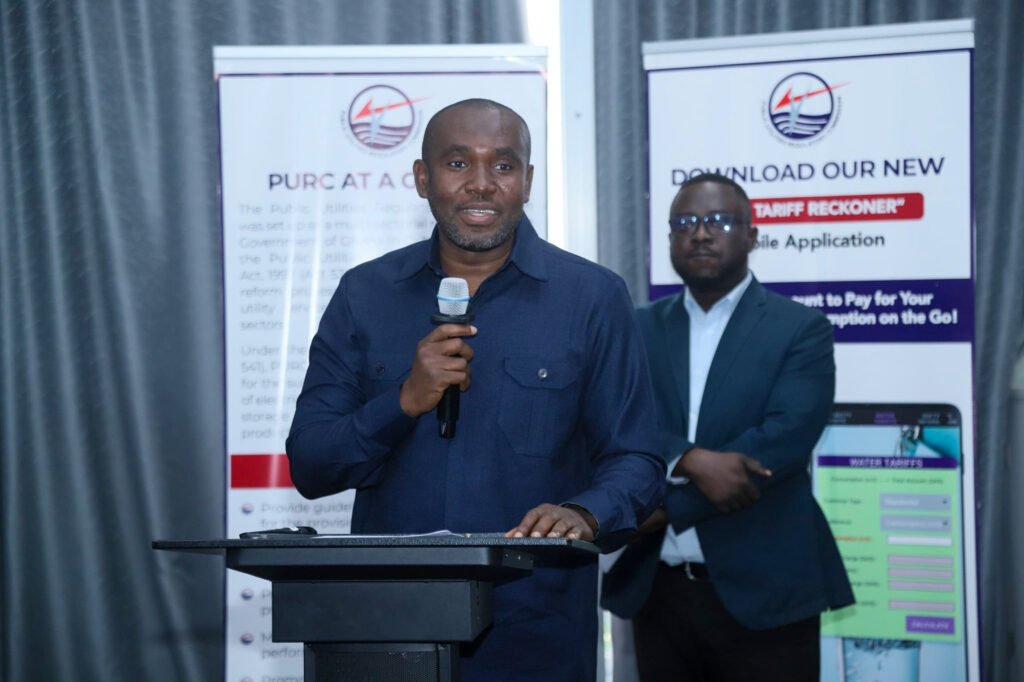
ASEC also criticised the PURC, Ghana’s regulator of the electricity and water sectors, for what it described as inadequate scrutiny of past tariff proposals.
The organisation questioned whether the Commission has conducted the necessary research to understand how much of household income is currently spent on electricity, or how different customer categories are affected by rising bills.
“These insights are essential to ensure fair and balanced tariff decisions.”
Dr. Elvis Twumasi, Director of Research and Innovation, ASEC
By failing to consider these socioeconomic realities, ASEC warned, the PURC risks approving tariffs that exacerbate poverty and economic distress.
ECG’s Operational Failures Under the Spotlight
The organisation further criticised ECG for its long-standing operational inefficiencies, including poor revenue mobilisation, outdated collection systems, and limited adoption of innovative technologies to improve efficiency.
“ECG’s persistent operational failures cannot be disguised as justification for such extreme increases.”
Dr. Elvis Twumasi, Director of Research and Innovation, ASEC
He stressed that ECG must embrace innovation and strategic reforms to resolve its debt crisis and operational weaknesses rather than resorting to imposing “unjustifiable tariff hikes” on Ghanaians.
ASEC also touched on the broader socioeconomic implications of a 225% increase, warning that such a hike would significantly erode household incomes, increase production costs for businesses, and undermine the government’s own agenda to promote industrialisation and a 24-hour economy.
For many Ghanaians, electricity is already one of the largest recurring expenses. Additional hikes, ASEC argued, would force families to cut back on essential needs, while small businesses could struggle to stay afloat.
The Centre stressed, “This proposal, if approved, risks deepening economic hardship and worsening inequality.”
Reform, Not Punishment
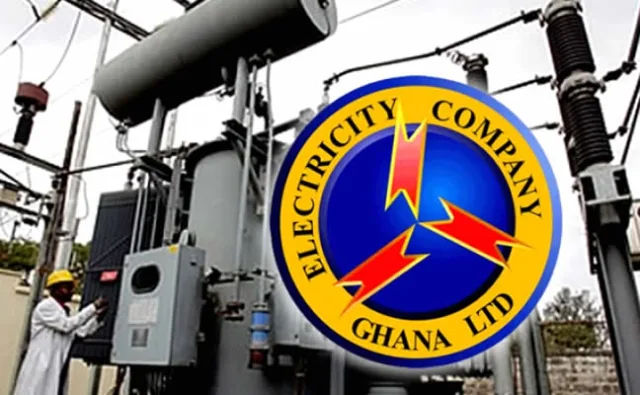
ASEC reiterated its belief that Ghana’s power sector challenges require reforms and strategic investment rather than blanket tariff increases.
“Any tariff adjustment must be progressive, transparent, and tied to clear performance improvements, not arbitrary increments that burden citizens.”
Dr. Elvis Twumasi, Director of Research and Innovation, ASEC
The Centre reaffirmed its commitment to holding both ECG and PURC accountable, warning that unchecked tariff approvals without addressing structural inefficiencies would only perpetuate the cycle of debt, poor service, and consumer frustration.
As Ghana grapples with balancing energy sector sustainability and affordability, ASEC’s intervention has reignited debate about the role of ECG, the effectiveness of regulatory oversight, and the need for structural reforms in the electricity sector.
“Solving ECG’s debt crisis requires accountability, innovation, and strategic reforms not unjustified tariff hikes.”
Dr. Elvis Twumasi, Director of Research and Innovation, ASEC
With public hearings on tariff proposals underway across the country, the PURC faces growing pressure to demand accountability from ECG before granting any increases.
For now, consumers and industry observers alike await clarity on whether the controversial 225% proposal will be approved, revised, or rejected.
READ ALSO: Market Cheers as Ghana’s Treasury Auction Breaks Four-Week Drought with 15.8% Oversubscription

